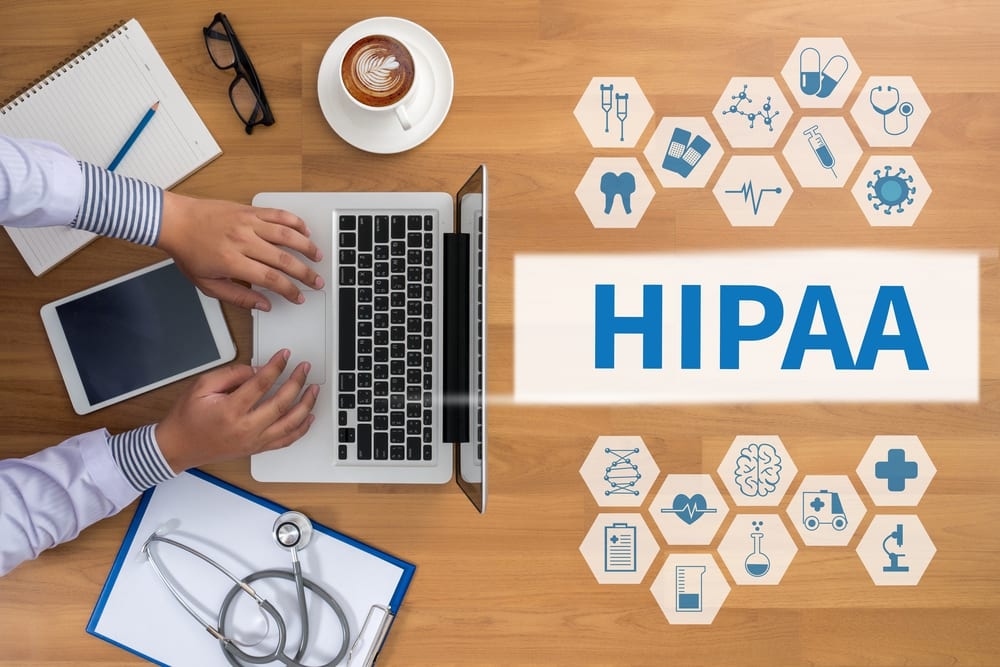How Healthcare Communication Platforms Can Harness Generative AI in a HIPAA-Compliant Way

The demand for AI-powered Communications Platform as a Service (CPaaS) in healthcare is evident: 75% of executives believe that generative AI has reached a stage where it is poised to reshape the healthcare industry. When the sector is set to face shortages of between 37,800 and 124,000 physicians by 2034, generative AI could alleviate administrative work, such as summarizing patient calls and managing electronic health records (EHRs), to allow medical staff to focus on improving patient care. Yet, privacy laws and a fragmented market have kept the healthcare industry from reaping generative AI’s full potential — until now. The Health Insurance Portability and Accountability Act of 1996 (HIPAA) is a federal law that safeguards sensitive patient health information (PHI) from being disclosed. Up to now, HIPAA-compliant data security and generative AI haven’t gone hand-in-hand as AI is trained on large datasets centrally and often by third parties. However, de-identification and federated training of deep-learning models are now helping industries leverage AI to stay protected.
Make faster decisions with community advice
- AI Gets Better At Writing Patient Histories When Physicians Engineer The Prompts
- New Study Evaluates Virtual Reality to Reduce Scanxiety in Brain Tumor Patients
- Revolutionizing Healthcare: Harnessing the Power of IoT Solutions for Improved Patient Outcomes
- Carrum Health Raises $45 Million Series B to Expand Cancer Care Offerings and Launch New Service Lines
- Ethical Guardrails Are Essential To Making Generative AI Work For Healthcare
Deploy this technology today
-
nQ Cortex
Matched with Medical Subject Headings (MeSH): Biomedical Technology, Healthcare IT News: Artificial Intelligence
- NLabviva Platform
- Labviva Platform
- AI Dermatologist Platform
- Armis Platform for Healthcare

